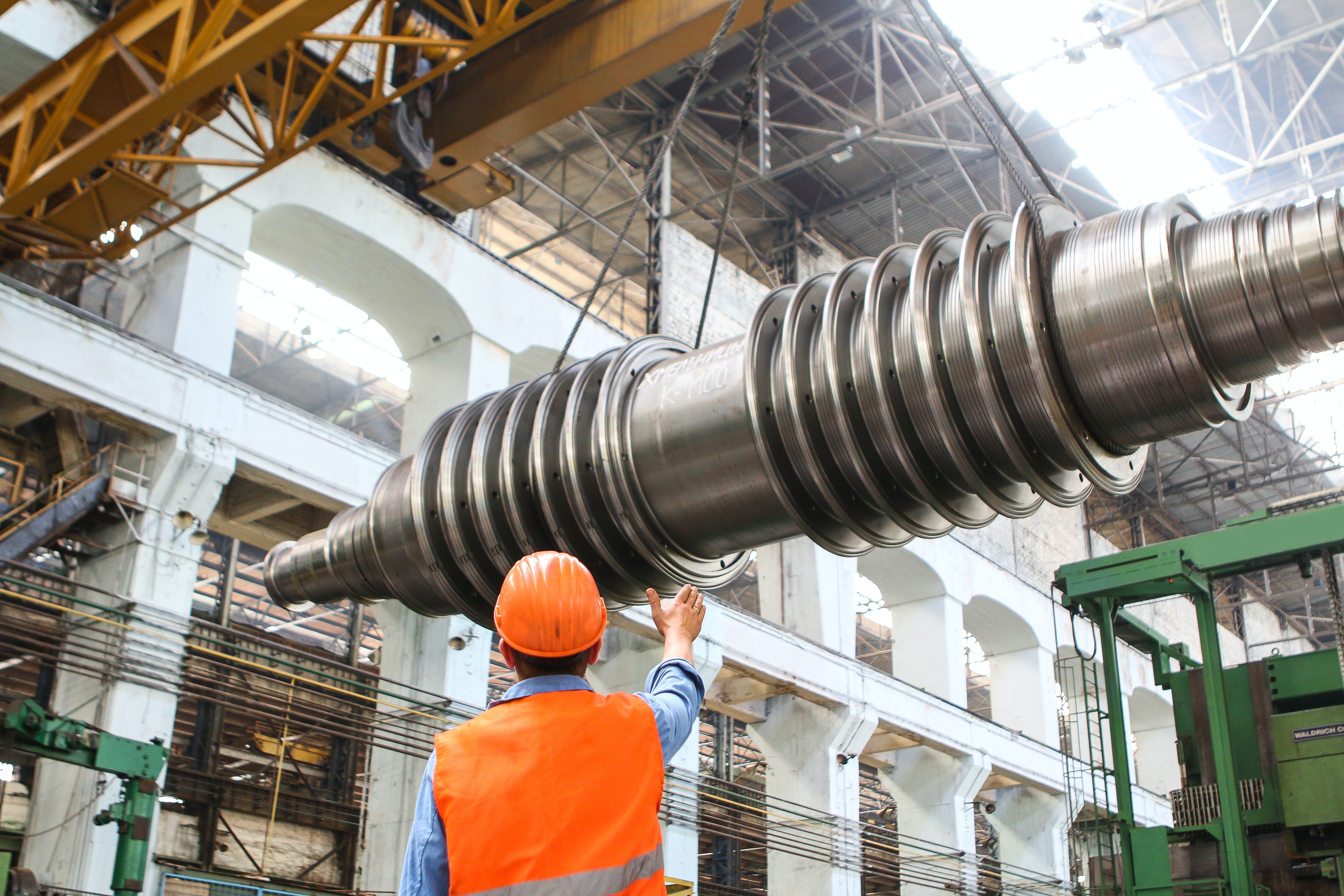
What is AQL?
Sampling protocols can vary, but one such method is called Acceptable Quality Limit, or AQL.

Instead of waiting for something to go wrong and reacting, businesses can proactively book quality control inspections to ensure they don’t run into these costly problems.
Every brand wants customers to enjoy their products and feel confident in their purchases, so it’s no surprise that quality is a top priority. Even a minor mistake in the production process can lead to disastrous consequences, like expensive recalls, losing customer trust, and significant drops in sales. Instead of waiting for something to go wrong and reacting, businesses can proactively book quality control inspections to ensure they don’t run into these costly problems.
There’s some confusion about what quality control inspections are. A quality control inspection involves checking your products to ensure they meet your standards and expectations. There are several methods used during the inspection, including visual checks, measuring, and testing.
Any company that sells physical products can benefit from a strong quality control process. It’s a way of ensuring that your finished products are up to par and able to meet or exceed your customers’ expectations.
Keep in mind that production workers are not the ones responsible for completing quality control inspections—you should give that responsibility to a quality control inspector.
A quality control inspector (also known as a quality assurance inspector) is a skilled professional trained in evaluating products during the production process. The inspector will compare the findings from their inspection to the specific standards or requirements you set to determine whether there are any discrepancies. If any of the products have defects or shortcomings, the quality control inspection should identify them. Then, you can reject those items, remove them, and take steps to rectify the problem.
These quality control inspections occur before your materials enter the production phase. Companies use these inspections to ensure their inputs (raw materials or components) meet set quality standards. In some cases, a pre-production inspection may also include an examination of a prototype or sample product.
You can also conduct quality control inspections while production is going on, also known as an in-line or in-process product inspection. During these inspections, the QC inspector will typically examine the first products off the line for conformity.
Finally, the type of quality control inspection that most people are familiar with is the final inspection, which takes place after the products are complete and ready for shipment. Finished products are drawn randomly so the inspector can get a good cross-section of the whole batch. These inspections are the most reliable of the three types.
As useful as quality control inspections are, it can be difficult for companies to find qualified, reliable quality control inspectors in their manufacturing areas. Handling quality control in-house is another option, but it can be time-consuming and inefficient.
Factored Quality offers a better quality control solution. Our hassle-free software and managed services help you hire trained quality control inspectors worldwide to ensure you’re producing the highest quality. Our intuitive dashboard lets you set the inspection criteria, book an inspector, and see reporting and analytics in one place.
Book a demo with one of our Quality Control experts today to find out how the Factored Quality platform can save your business time, money, and headaches.